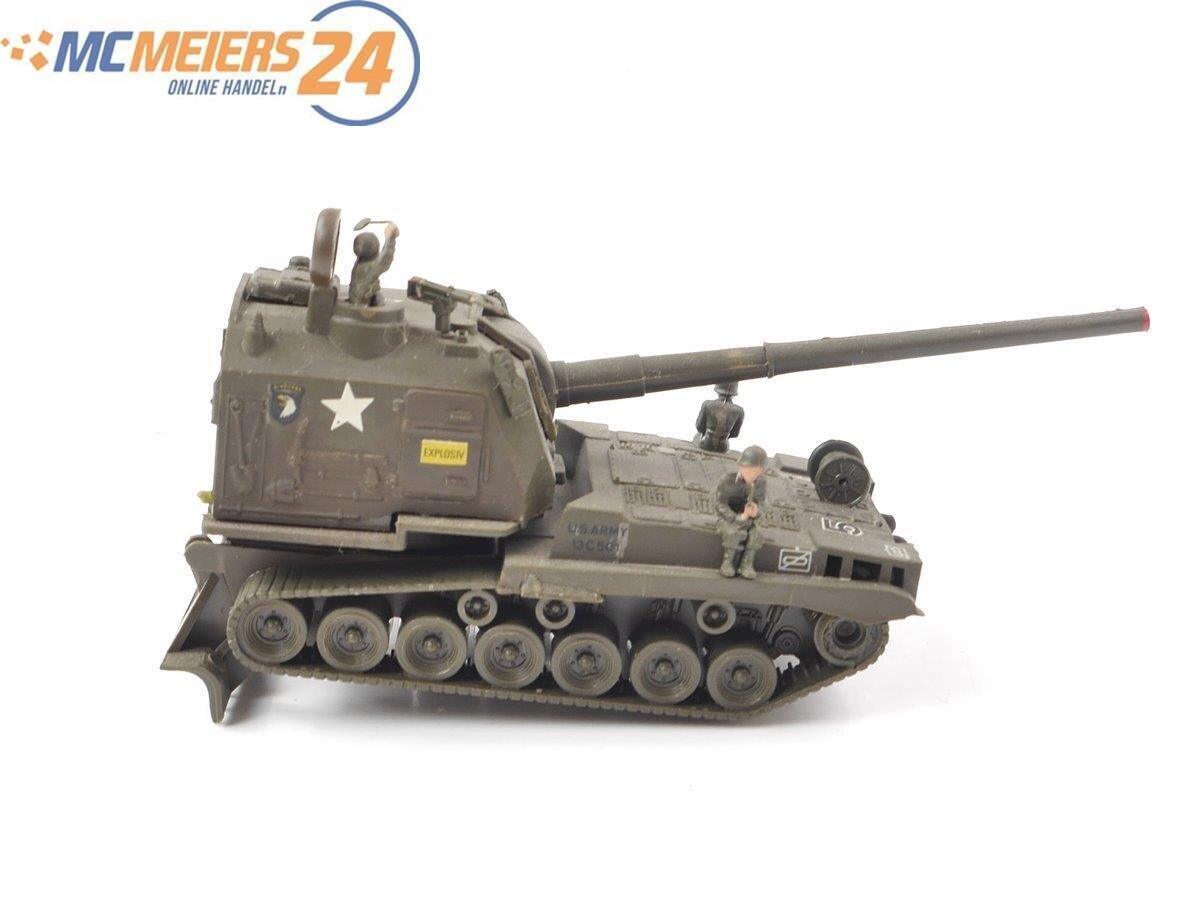NATO: Enhancing Security in a Changing World

Introduction
The North Atlantic Treaty Organization (NATO) plays a crucial role in ensuring the defence and security of its member states, particularly in the face of increasing global tensions. Established in 1949, NATO was formed as a collective defence alliance to address the challenges posed by the Soviet Union. In today’s rapidly shifting geopolitical landscape, NATO remains an essential player in promoting stability and cooperation among its 31 member countries. This article examines NATO’s recent activities, the importance of its mission, and the evolving security challenges it faces.
NATO’s Continued Relevance
As tensions between major powers escalate, particularly with Russia’s aggressive posturing in Eastern Europe and challenges in the Asia-Pacific region, NATO has reaffirmed its commitment to collective defence. The alliance’s Article 5, which states that an attack on one member is an attack on all, underscores the importance of unity among member nations. In recent months, NATO has increased its presence in Eastern Europe through Enhanced Forward Presence missions in Poland and the Baltic states, aimed at deterring potential aggression.
Recent Developments
In response to Russia’s ongoing military actions in Ukraine, NATO has expanded its support for non-member states facing security challenges. The alliance has committed to bolstering its military cooperation and resource sharing with Ukraine, providing essential supplies and training. Furthermore, NATO has increased military drills and exercises to enhance readiness and interoperability among allied forces. These initiatives serve to reassure member nations of NATO’s dedication to their security and to deter hostile actions by potential aggressors.
Future Outlook
Looking ahead, the future of NATO hinges not only on its military capabilities but also on its ability to adapt to new security threats, including cyber warfare, terrorist activities, and the impacts of climate change. NATO has begun to address these issues through its 2030 Agenda for the NATO Summit, designed to modernise the alliance and enhance its global security posture. As new strategic challenges emerge, the alliance’s ability to unite and effectively respond will be crucial to maintaining international peace and stability.
Conclusion
NATO remains an indispensable institution for collective defence and global security. Amidst rising geopolitical tensions, its role in fostering cooperation and military readiness is more vital than ever. The ongoing commitment of member states to support NATO’s missions is critical in addressing both current and future challenges. As global dynamics continue to shift, NATO’s adaptability and unity will determine its effectiveness in preserving peace and security across the transatlantic alliance.
